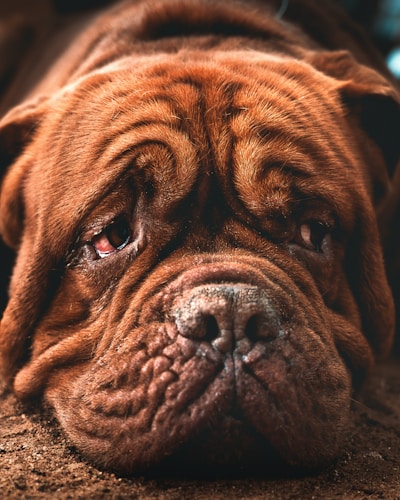Importance of Proper Nutrition for Senior Pets
As our beloved pets age, it’s important to pay close attention to their nutritional needs to ensure they stay healthy and happy. Just like humans, senior pets require a different diet than their younger counterparts to support their changing bodies. Proper nutrition is key to keeping aging animals in tip-top shape and can help prevent a variety of health issues that commonly affect older pets.
One of the most important aspects of senior pet nutrition is ensuring they receive the right balance of nutrients to support their aging bodies. As pets get older, their metabolism slows down, and they may become less active. This means they require fewer calories to maintain a healthy weight. Feeding your senior pet a diet that is specifically formulated for their age and size can help prevent obesity and the health problems that come with it.
In addition to monitoring calorie intake, it’s also important to pay attention to the quality of the food you are feeding your senior pet. Look for foods that are high in protein and low in fat to help maintain muscle mass and prevent weight gain. Senior pets may also benefit from foods that are fortified with vitamins and minerals to support their overall health and well-being.
Another important consideration when it comes to senior pet nutrition is the importance of hydration. As pets age, their bodies may not be as efficient at regulating water intake, which can lead to dehydration. Make sure your senior pet has access to fresh, clean water at all times and consider adding wet food to their diet to help increase their water intake.
It’s also important to keep an eye on your senior pet’s dental health. As pets age, they may be more prone to dental issues such as gum disease and tooth decay. Feeding your pet a diet that is specifically formulated to support dental health, such as kibble that helps clean teeth as they chew, can help prevent these issues and keep your pet’s mouth healthy.
Transitioning your senior pet to a new diet can be a gradual process. Start by mixing a small amount of the new food with their current food and gradually increase the amount over the course of a week or two. This will help prevent digestive upset and allow your pet to adjust to their new diet more easily.
In conclusion, proper nutrition is essential for keeping senior pets healthy and happy. By paying attention to their changing nutritional needs and feeding them a diet that is specifically formulated for their age and size, you can help prevent a variety of health issues and ensure your furry friend enjoys their golden years to the fullest. Remember to consult with your veterinarian before making any changes to your pet’s diet to ensure they are getting the nutrients they need to thrive.
